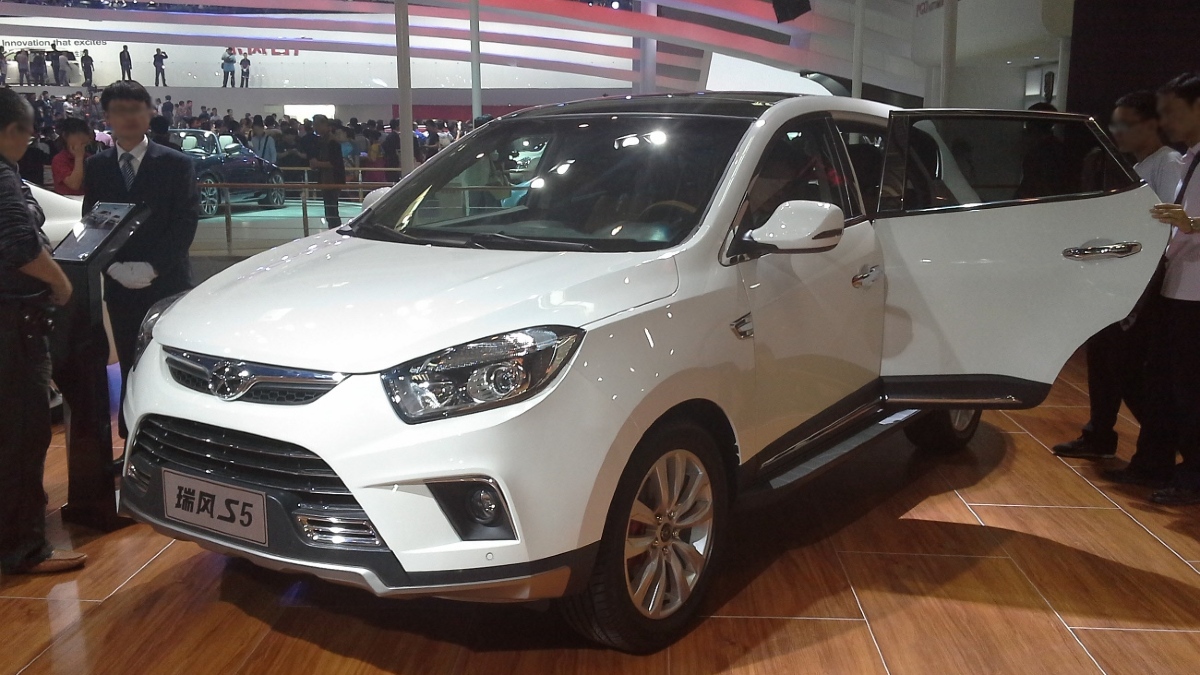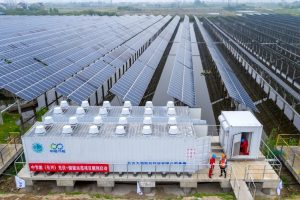(ATF) New measures have been introduced to stimulate China’s auto industry after the coronavirus outbreak forced the closure of factories and damped sales.
A renewed emphasis has been placed on electric and other new energy vehicles (NEVs) with local authorities and public bodies being urged to adopt cleaner cars, vans and lorries.
Policy incentives will be introduced for NEV production and sales, Huang Libin, an official with the Ministry of Industry and Information Technology said on Tuesday.
The move is hoped to stimulate the sector, which saw sales plunge 56.4% year-on-year to 114,000 units in the first quarter. At the same time, production dropped 60.2%.
In March production and sales plunged 56.9% and 53.2%, respectively, though that was slightly better than the figures from February. Huang said the improvement was the result of the nation’s economy getting back on its feet after the epidemic abated in the worst-hit regions of central China.
The ministry will promote vehicle electrification in public sectors including public transportation, environmental sanitation, postal services and logistics, he said.
Huang also noted that local governments are encouraged to increase subsidies for electricity use and strengthen the construction of NEV charging facilities.
READ MORE: State Grid to roll out more EV charging stations
READ MORE: BYD forecasts steep profit decline in first quarter
China announced Wednesday it would extend tax exemptions on NEV purchases by an additional two years, which were set to expire at the end of this year.
In Shanghai, the nation’s biggest city, officials added 40,000 licence plates of non-commercial vehicles to its annual quotas in a bid to spur car sales
Qiu Wenjin, deputy head of the Shanghai Municipal Development and Reform Commission, said Thursday that the new policy was implemented in March, with more license plates issued in March and April compared with the period in previous years.
Shanghai is also promoting new energy vehicles (NEVs), which are not subject to licence plate restrictions. In addition to central government subsidies and purchase tax exemptions, consumers in the city who purchase NEVs will get 5,000 yuan ($706) in subsidies from the municipal government for charging costs.
The city plans to replace some 2,500 buses with NEVs and put into use some 5,000 pure electric taxis to replace petrol-fueled cars within the year. Five new hydrogen refueling stations will also be built in by year-end.
Qiu said although the coronavirus 19 outbreak has increased downward pressure on automobile consumption since the beginning of the year, there is still room for growth considering the long-term positive prospects of China’s macro economy and the increasing demand for smart and green transportation of Chinese consumers.





















